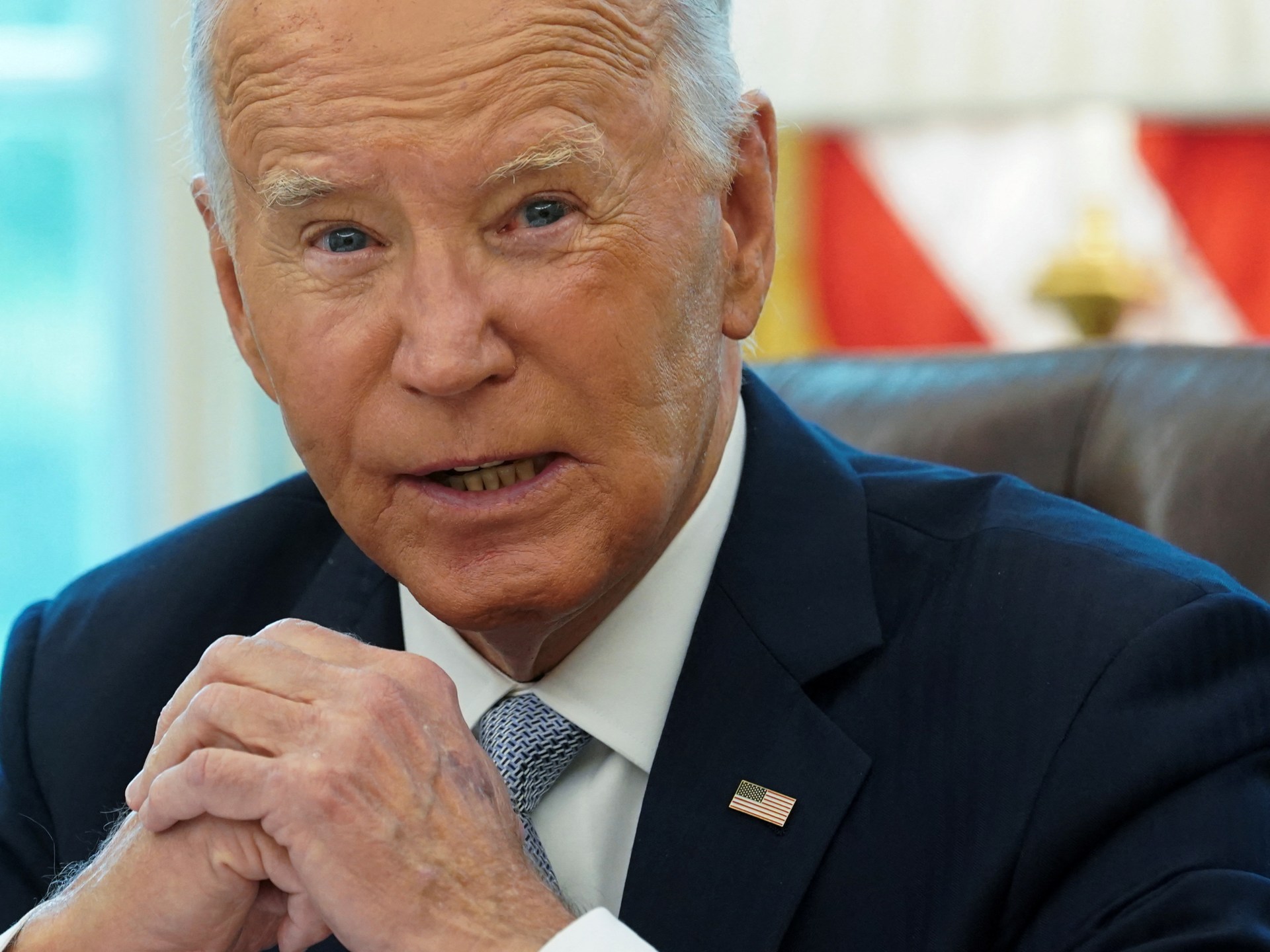Worst drought in century devastates Southern Africa with millions at risk
 15 October 2024
15 October 2024
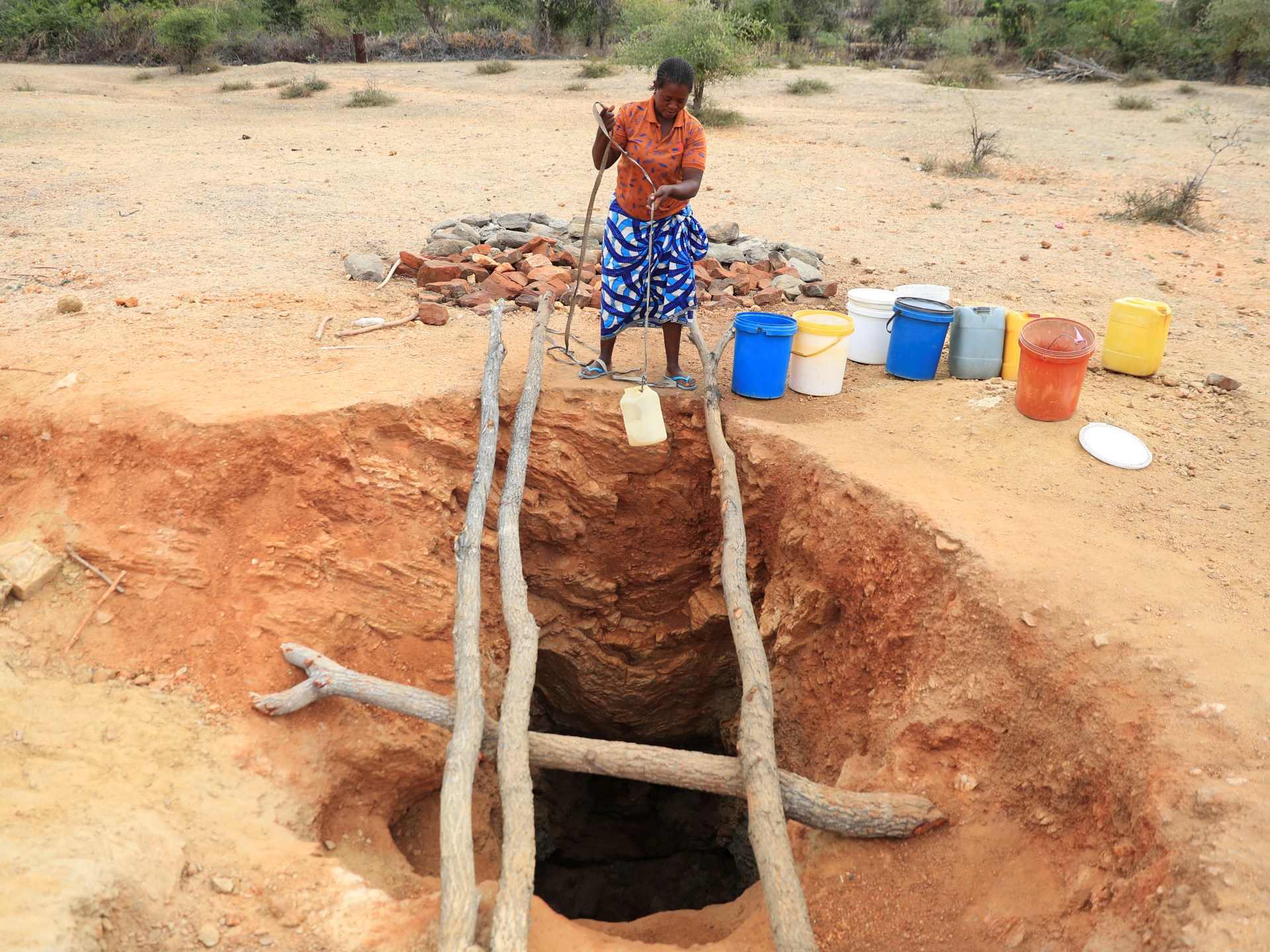

Millions of people across Southern Africa are going hungry due to a historic drought, risking a full-scale humanitarian catastrophe, the United Nations has warned.
Lesotho, Malawi, Namibia, Zambia, and Zimbabwe have all declared a state of national disaster in the past months as the drought has destroyed crops and livestock. Angola and Mozambique are also severely affected, the UN’s World Food Programme (WFP) said in a briefing, warning that the crisis is expected to deepen until the next harvests in March or April next year.
“A historic drought – the worst food crisis yet – has devastated more than 27 million lives across the region,” said WFP spokesperson Tomson Phiri. “Some 21 million children are malnourished.
“October in Southern Africa marks the start of the lean season, and each month is expected to be worse than the previous one until harvests next year in March and April. Crops have failed, livestock have perished, and children are lucky to receive one meal per day.”
Tens of millions of people in the region rely on small-scale agriculture that is irrigated by rain for their food and to make money to buy provisions.
Aid agencies warned of a potential disaster late last year as the El Niño weather phenomenon led to below-average rainfall across the region. Its impact has been further intensified by rising temperatures linked to climate change.
In July, a UN official said it was the worst drought to hit the region in a century. It has wiped out 70 percent of the harvest in Zambia and 80 percent in Zimbabwe, WFP’s acting regional director for southern Africa, Lola Castro, said.
The lack of rain has also slashed hydropower capacity in the region, leading to major electricity cuts, while Zimbabwe and Namibia have announced wildlife culls to relieve pressure on resources.
Authorities in Namibia and Zimbabwe have resorted to killing wildlife, including elephants, to provide meat for hungry people.
Scientists say sub-Saharan Africa is one of the most vulnerable parts of the world to climate change because of its high dependency on rain-fed agriculture and natural resources. Millions of African livelihoods depend on the climate, while poor countries are unable to finance climate-resilience measures.
Experts have also warned that climate change-induced droughts and irregular rainfall patterns are negatively impacting the yield, development, taste, and harvest periods of various crops.
Related News
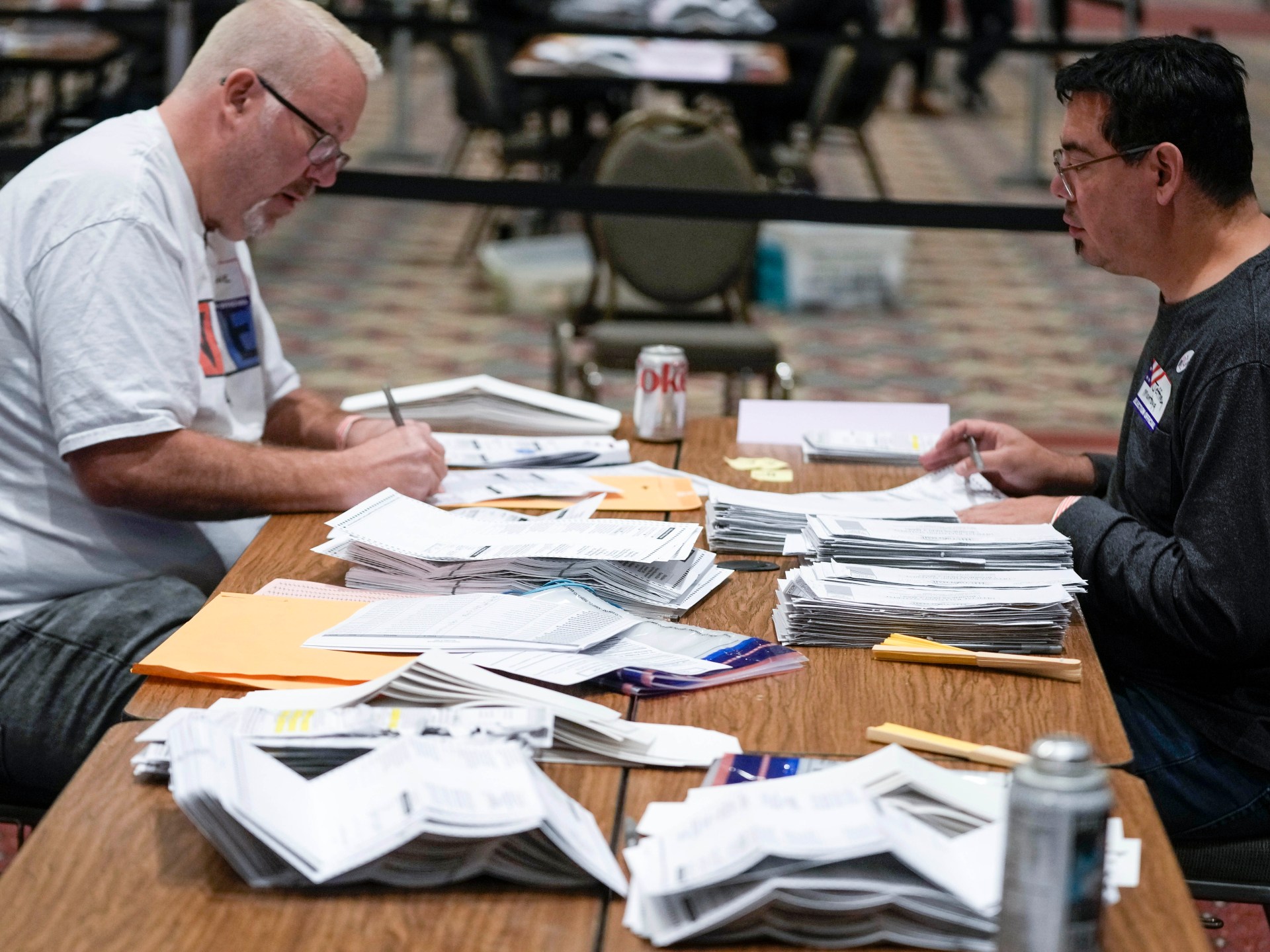
Why can the US election vote count take so long? What to know in 500 words
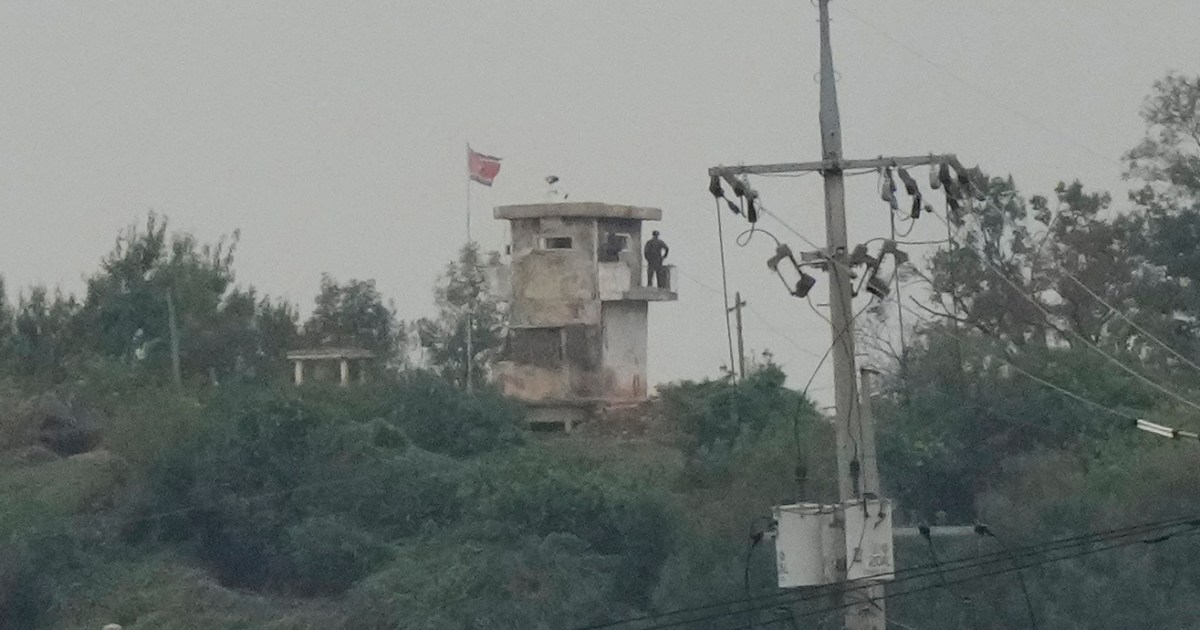
North Korea blows up roads near South Korean border as tensions soar
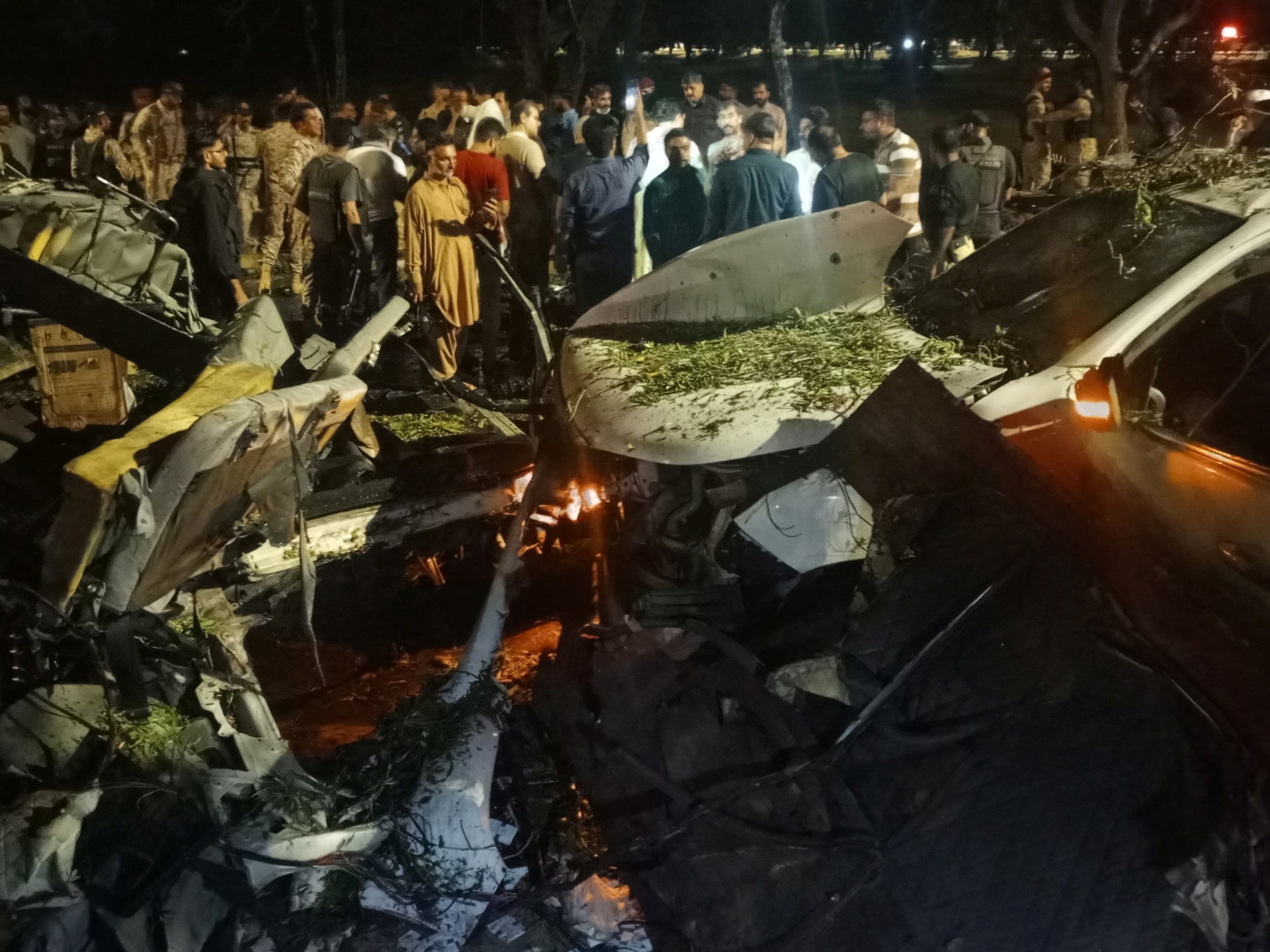
One killed in explosion near Karachi airport in Pakistan
